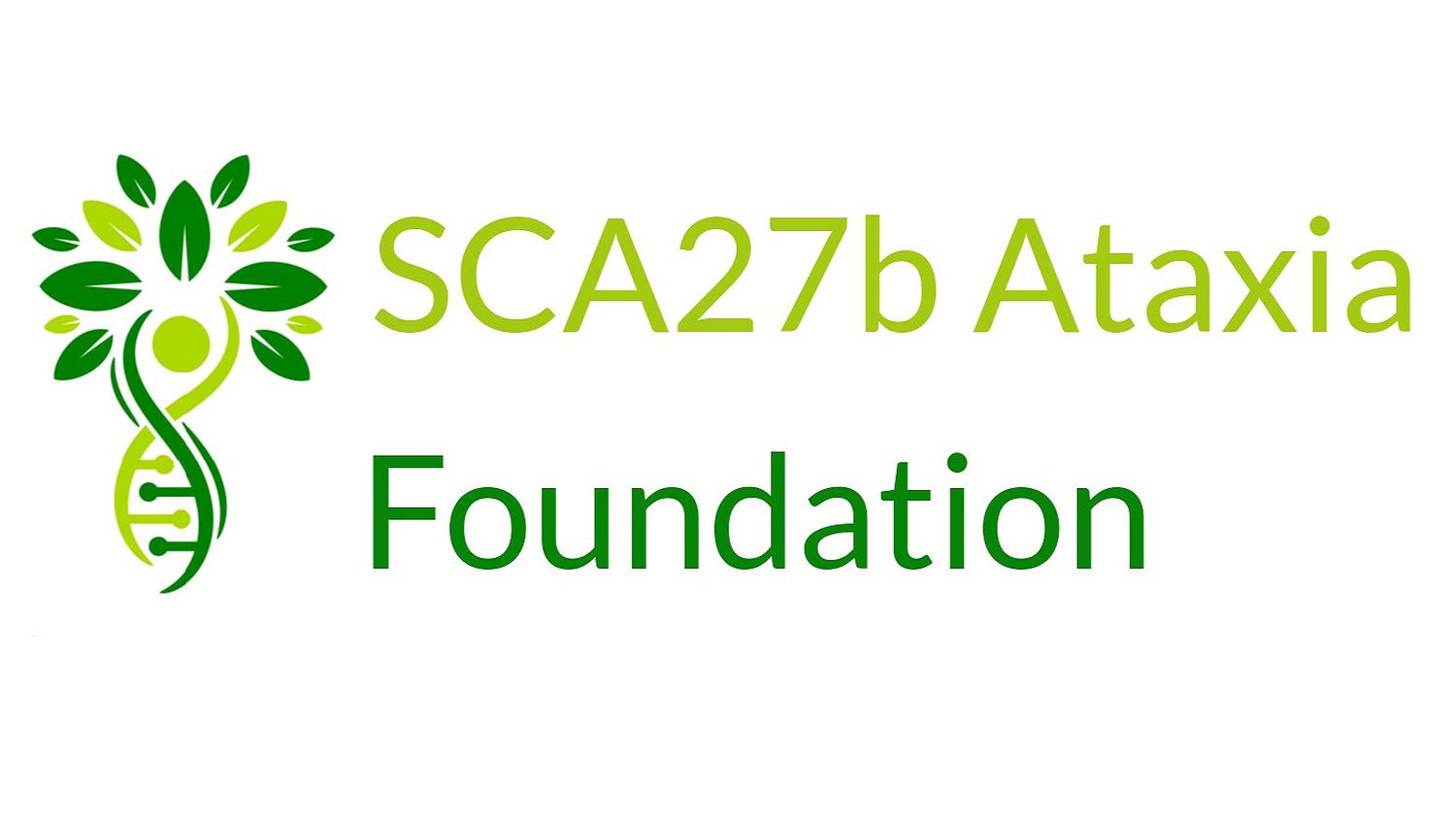SCA27B Natural History Study
SCA27B Natural History Study through NAF’s CRC-SCA
A natural history study collects data that shows how a specific disease progresses in individuals over time. Natural history studies are essential for developing clinical trial designs that will facilitate drug development. You may also hear the terms ‘observational study’ or ‘observational clinical trial’ used to describe a natural history study.
The natural history of the SCAs and factors that may modify them are not completely understood. There is a need to define natural history in geographically distinct areas and develop additional methods to document progression that may be more sensitive and reliable. There is also limited knowledge of factors that may modify symptoms of SCA.
The CRC-SCA natural history study and biomarker development is growing and adapting during this exciting new era in ataxia research as pharmaceuticals are advancing to therapy development for ataxias. CRC-SCA plans to add specific clinical end-point assessments and biospecimen collection. This will increase the strength of this study allowing the consortium to partner with stakeholders in a meaningful way that will include patients as research collaborators.
The Clinical Research Consortium for the Study of Cerebellar Ataxia (CRC-SCA) continues to recruit research participants who have a confirmed diagnosis of SCA 1, 2, 3, 6, 7, 8, 10, 27B, or RFC1 Ataxia/CANVAS. This is an opportunity for anyone in the United States with those forms of SCA at any stage of the disease to participate.
You can use NAF’s new CRC-SCA Eligibility Screening Tool to confirm you are eligible to participate in this natural history study. Click this link to access the screening tool and learn more.
If you are eligible, contact the research coordinator at a site near you to register to participate in the CRC-SCA Natural History Study.
